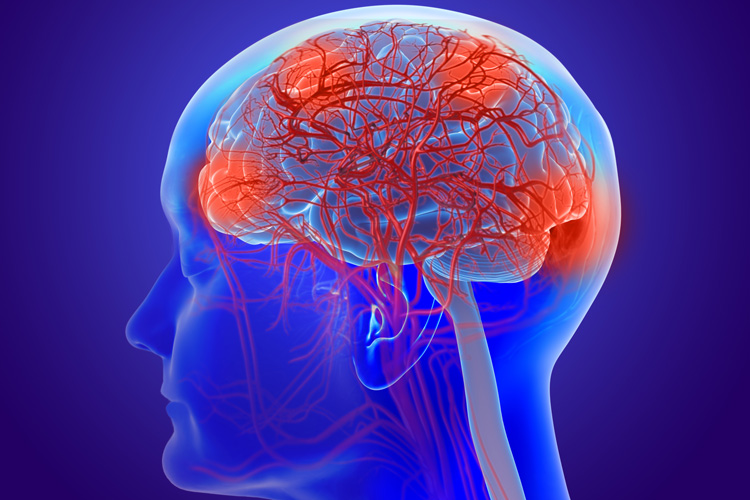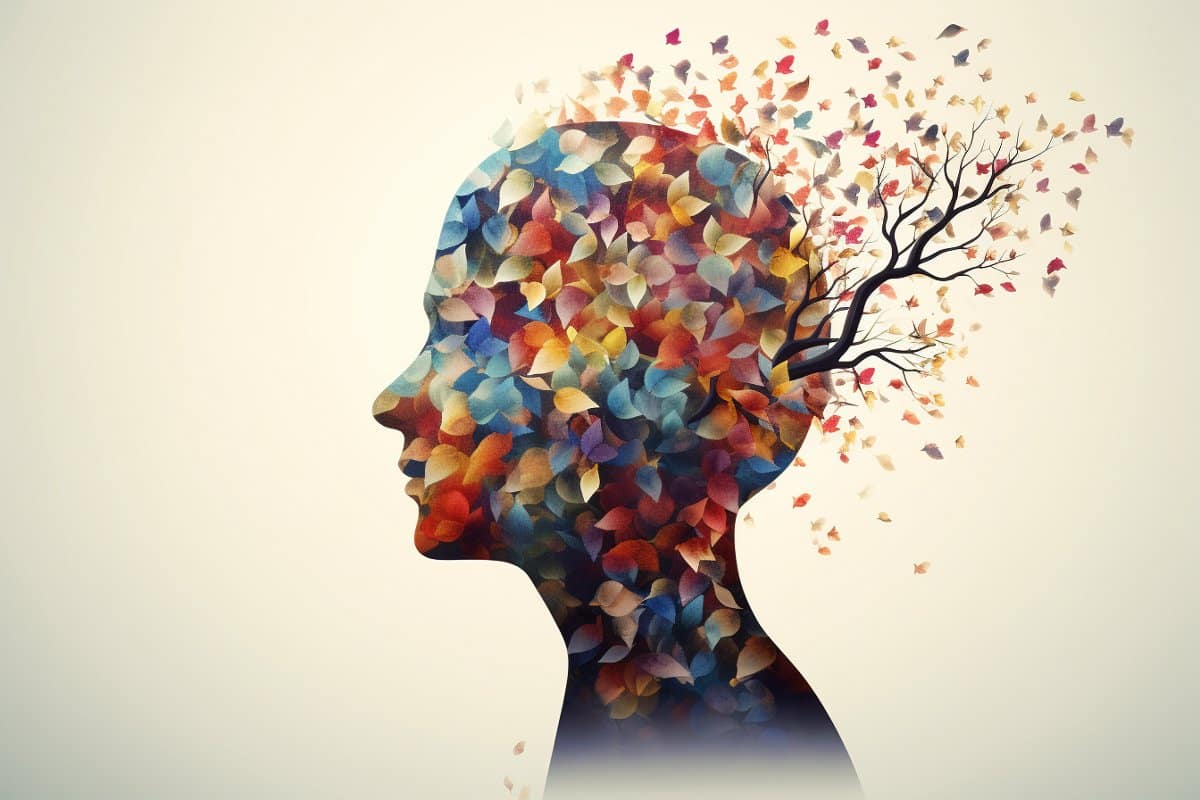Looking back, I find I can’t really pinpoint the time when everything changed. Was it the official diagnosis? Was it when the gut feeling that something was terribly amiss kept gnawing at each of us? Or was it when we finally acknowledged that the days ahead were going to take a different path for all of us? For so long we were not ready – simply not able – to accept this fate.
My mother has dementia. It has been quite a few years. I do believe that is the first time I have written it down. The words look alien on the page even now. A sentence where the words should not go together. A sentence that surely must belong to someone else. But no, it is my sentence. It is my mother’s sentence. And it is my family’s reality, as it is for so many others. There is nothing unique, nothing special, everyone knows someone who knows someone.…but this is my mother. And that is the part I can’t quite comprehend.
We don’t know quite when the dementia slipped into our lives. Quietly at first, like a stranger in a room full of people – a glance in a certain direction and they are there, look away and they are lost in the midst of ‘otherness’ – of every day, where we can explain and rationalise. I really cannot for certain say how many years it has been but does it matter? Could we have done anything different? I don’t really know to be honest.
At first it was so easy to dismiss repeated questions as simply forgetfulness that comes with age – indeed, there is so much we are quite willing to attribute to signs of getting older. I guess it is one of life’s bittersweet ironies – we all want to live forever but only if we remain youthful. Age brings so many challenges; physical, emotional and spiritual. So when my beautiful, vibrant and energetic mother began to show symptoms her own mother had shown in her later years, we did our best not to draw too many similarities. Actually, we did more than just our best – we fought against it. A valiant effort perhaps some would say but nonetheless, without any real success. Soon enough it wasn’t just the repetition – items were lost or misplaced, conversations forgotten and even her beloved cooking started to change. Slowly we had to have the conversation amongst ourselves that we had only played out in our own minds. To say the words aloud seem to give them more life, to make it more real even though we knew, as we did with our grandmother, this was not simply old age.
For the first few years, it was a reality that played out like a shadow – always there but sometimes more present. My mother lived with my father a couple of hours away from my brother and I and three hours my sister. We would visit and then report back to each other. My father’s physical health was in decline, it had been for a while, and now my mother’s cognitive health was also deteriorating. And before we knew it, all our conversations were about our aging parents and trying to work out what to do. We love them beyond words – they were, they are I should say, amazing parents. It’s funny how long we cling onto the idea, the hope perhaps, that our parents will always remain strong, that they will forever be the same people we recall as children. What the heart feels doesn’t correspond to what the mind understands. My own children are now young adults. As I type I see my hands and how they have changed. Time catches up with all of us but now it feels like it is overtaking us. It is a race I cannot win and the battle to put a halt to it, to slow down the aging process of my parents has exhausted me. I am weary beyond words. I cannot keep up nor can I give in.
People often speak of dementia only in terms of the forgetfulness – the complete wiping out of everything. But it goes beyond this. To lose your memories is to lose your identity.

A quick Google search and you will see that dementia is described as the loss of cognitive functioning – the ability to remember and to reason. But it is so much more – it is the loss of self. My mother looks the same and to a stranger on the street, she would appear as a quite remarkable for her age. Physically she is doing amazingly well. But in so many ways we have lost her. The changes to her personality and the consequent changes to how she perceives the world – this has been devastating.
My mother was one of those fun mums. She never took life seriously – yes, it is a cliché but in her case, I cannot think of a more suitable way to describe it. A few months ago, I recall her best friend telling me of the things she always loved about mum – her big smile, how she laughed often and with gusto, her genuine sense of playfulness and witty sense of humour – this was my mother. She was always an incredibly positive person – the type of person you admire from afar and wish you could develop more of her characteristics. She saw the best in situations, always content with the cards she had been dealt and an innate ability to see beauty in the simplest of things. Her deep and unconditional love for her family has been at the centre of all she does and feels. She has never suffered from envy or greed and her life, while certainly not remarkable by most people’s standards, is one that she was always proud of. As a child she grew up in poor household, began working at a very young age and left school to contribute to the family household. As a newly married young woman, she migrated to Australia, having no idea what lay ahead but as she was with her husband, baby daughter and mother, she felt that was enough. And indeed it was.
As I write I find myself switching from past to present tense, not quite sure which I should be using. The dementia has stolen her from us. Who she once was is no longer there – we have small windows where we cling on desperately like life jackets at sea – times where we can pretend she is back. Changes of personality were subtle at first, like the memory lapses – glimpses here and there until we had to admit that our beautiful, joyous mum was leaving us. She angered easily, becoming increasingly frustrated with everyday things. We knew she could sense what was happening but she did not articulate this – not at first. I imagine there must have been times where she was utterly petrified. As we all were.
The greatest tragedy of her dementia was her marriage. My parents have been married for over 50 years. It is a love story that should never have been – such different people but as dad tells us, they were one. Indeed, their story I could not do justice here and now but suffice to say, the dementia robbed my father of his last years with his soulmate. As their children, this has caused us such grief, such anguish and even now, when I should be accustomed to the new reality, I feel the tears come freely.
A year ago, we made the heartbreaking decision that my mother needed care that we could no longer provide. We would visit my parents every weekend but all of us working fulltime, meant that we only covered two days of every week. Dad could no longer care for mum on his own. In the cruellest twist of fate imaginable, her anger became directed at dad. His love for her never wavered but her dementia meant he was fighting a battle that he was simply unable to contend with – there was no level playing field here. Every day he would wake up not knowing what to expect – she accused of him of all sorts of horrible things, and with 100% conviction would tell us what a terrible person he was and the things he had done and was doing to her.
I do not think I will ever find the words to express the utter heartbreak this caused in all of us. Dad crumpled. I don’t know how else to describe it. We were obvious incredibly concerned for his mental and physical health but slowly we had to admit, we were also concerned that mum may harm him physically. I will never forget the words spoken to me by my father’s GP when I went to see him about dad’s deteriorating condition. ‘I understand you are trying to keep your mother at home for as long as you can,’ – he paused and hesitated – I thought I knew what he was going to say – that she needed to be in a nursing home. Doctors had been telling us for a while that we had exhausted all options and this was the obvious and logical next step. But it was how he framed it that will never leave me. ‘You are sacrificing your father for your mother’. His words hung in the air as I found myself unable to respond. It was true. There was nothing I could say. My dad had become collateral damage in our family’s fight against my mum’s dementia.
I recall when she was diagnosed with breast cancer some fifteen years ago. We all crumbled around her but she stayed strong, never for one moment indulging in any self-pity. I remember being in the hospital for her first surgery with such clarity. There are so many moments in life we forget but there are those that when we close our eyes it seems we are watching a silent movie. So desperately we want to touch the memory and hold it safely in the cusp of our hands. This was one of those moments. My mother was being wheeled into the theatre room, my sister and I on each side of the bed. I was so determined not to become emotional, to hold onto any tears until she was out of sight and yet the moment I had to let go of the bed, I felt I was five years old again and needing her comforting embrace to promise me all would be well. She was so composed and told us both there was no point assuming the worst, she would trust in those around her and hope it would be okay. Until she knew otherwise, she held onto the belief this was only an obstacle on the road of life. No more, no less.
I never realised it at the time that the cancer was not going to be our greatest battle. At the time it was of course incredibly traumatic – the surgeries, the waiting for results, the not knowing and whilst we were with her every step of the ordeal, she was still very much alone. Cancer is selfish that way. And now the dementia. Again, so very selfish. We are with her, yet we are not. I can’t take this away; I can’t imagine what it must be like. I recall a few conversations where my mum asked what was happening to her. She described a confusion in her head – she once said to me that it was like layers that she couldn’t peel away.
There is one particular conversation that haunts me. She asked me why she was no longer with my father and I tried to explain in the most gentle way I could that we were looking after her as dad could no longer do so. I used the word dementia – we had done this before to describe the loss of memories.
She asked ‘What if I forget everything?’.
I explained to her that I carried all her memories, all the stories of her childhood, the stories of her as a mother – I told her I held them all and when she would forget, I would pass them back. I was the keeper of her memories I said. She fell silent for a moment. And then she uttered the words that no one ever wants to hear – ‘What if I forget you?’. What could I say? She had expressed my deepest fear – what words could I possibly find to comfort her. So I lied. ‘You will never forget me, I will always be here and I will not let you forget me’. She smiled and told me she loved me. Moments later the conversation was clearly gone from her memory. For me, it will stay forever. I cannot stop her from forgetting me. It was lie to comfort both of us.
Fast forward to the present and now my mother lives with my sister and dad lives alone in the house that was once home to both my parents. I have asked – indeed begged for him to live with me but he tells me the house is the last physical connection he has to my mother and he is not ready to let go. I know he will never be ready. My sister’s life is now essentially ‘on hold’. We could not put mum in the nursing home and she selflessly – in only the way that a daughter’s love could, brought my mother into her home and life. It has been a year now and whilst the future remains as uncertain as it always been since the start of this journey, I am unsure how long my sister can cope and hang onto the fragments of her own life.
A friend of mine works with people suffering from dementia. She has an incredibly beautiful perspective she shared with me that I have been clinging onto like a safety raft. When she talks to someone with dementia, she sees a person who is very much living in the present – an appreciation of the here and now in the most acute sense. I have thought about this for some time and it has brought me great comfort because I see it too now. My mother once said to me there was simply no point worrying about what tomorrow may bring because it would only ruin her today. I am happy today she said so why ruin my happiness worrying about tomorrow? Again, another moment I wish I could hold in my hands and keep safe forever. I look at her now and try to look past the obvious signs that tell me her mind is playing cruel and unforgiving tricks on her. I try to push past this, this is not what I should be focussing on, I am ruining my today, my today with her. Instead, I am trying very hard to stay focussed on the importance of the present, to appreciate the moment because that is where she is at. The moment in which she is living in is what matters most. Not the time before or the time that is coming. I press pause on the silent movie for as long as I can.
I have heard dementia described as the long goodbye. I know no one is ever ready to say goodbye to a loved one. I also have come to see that the greatest loves are the most selfish loves. The only thing I can hope for is that when it can no longer be, my hands will be full of the warm and loving memories my mother has given me. After all, I am the keeper of her memories.






